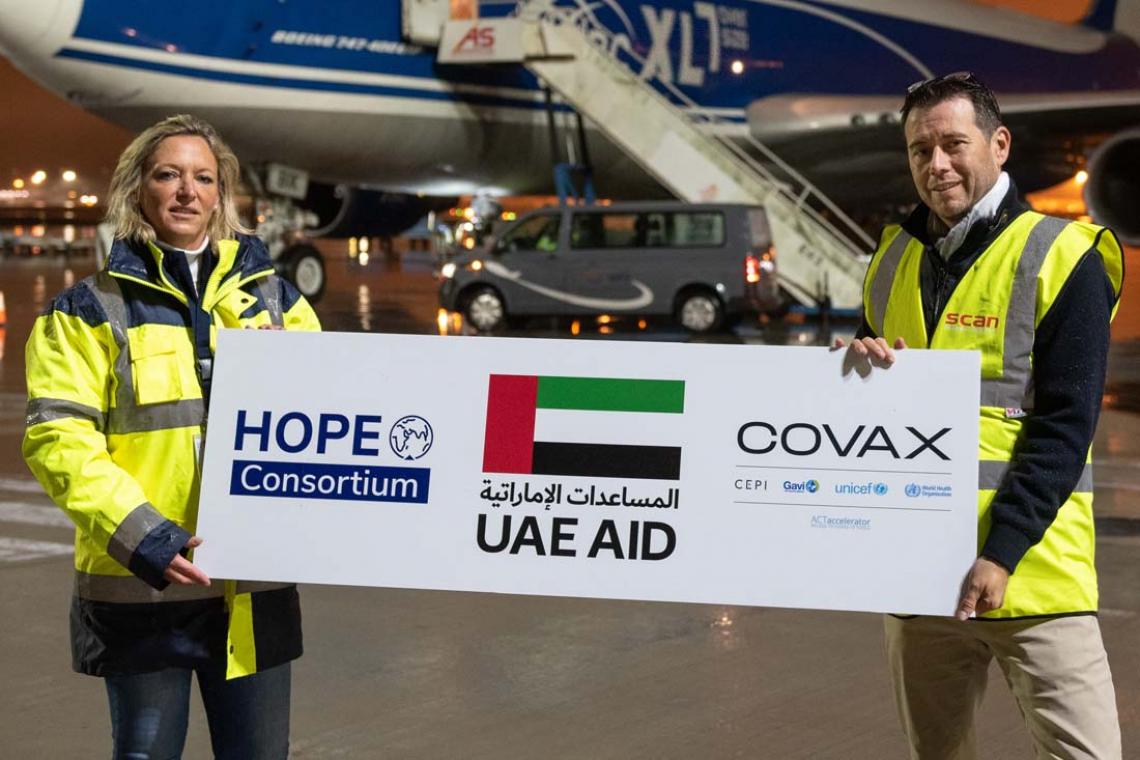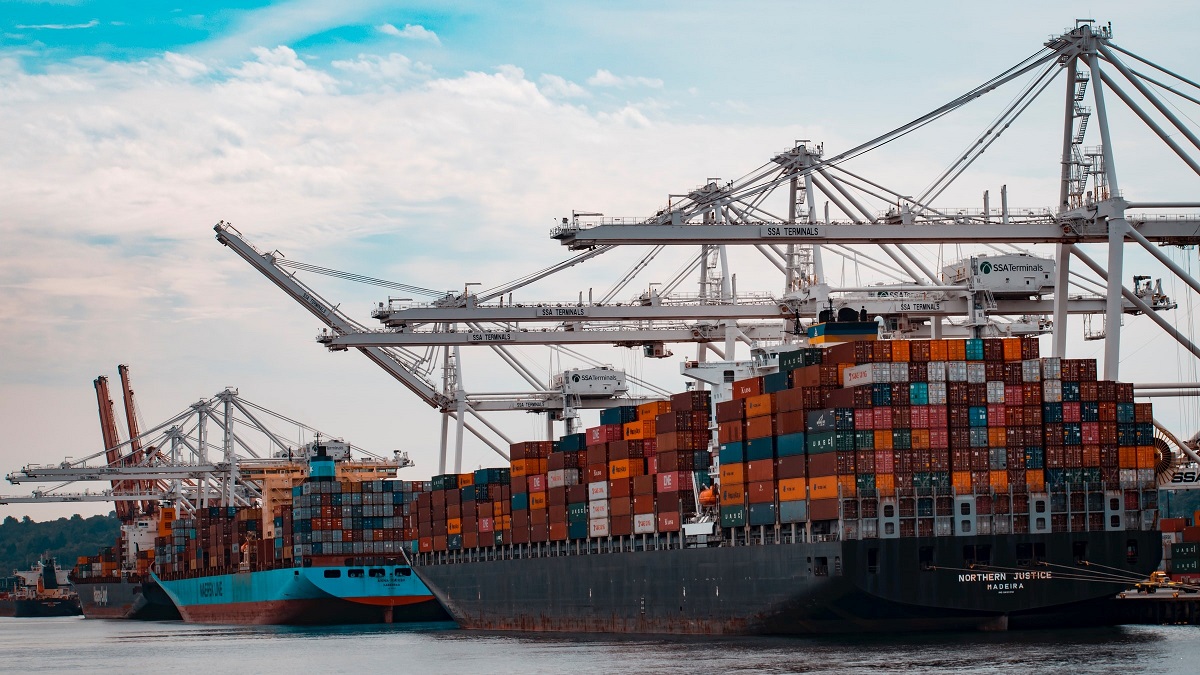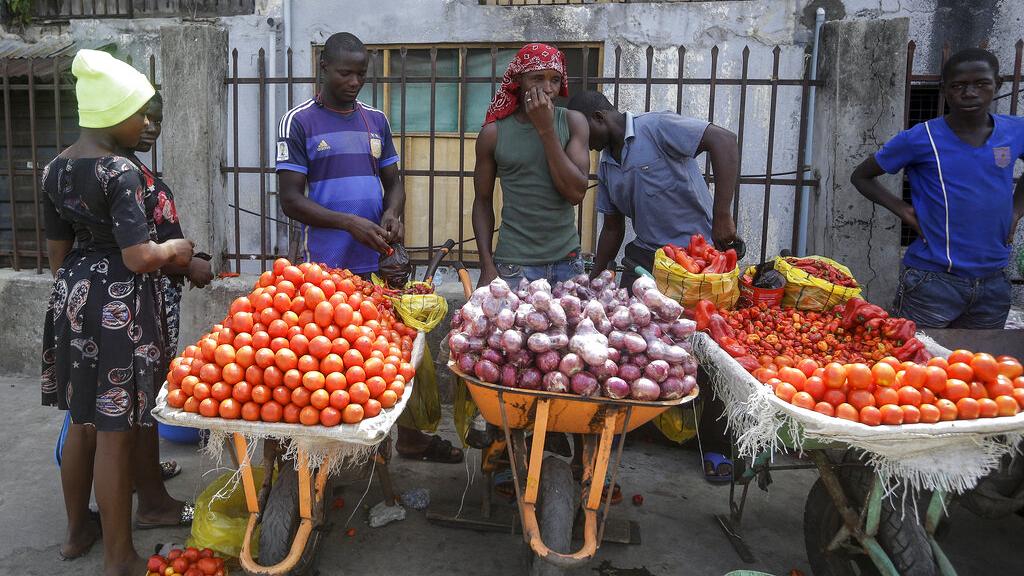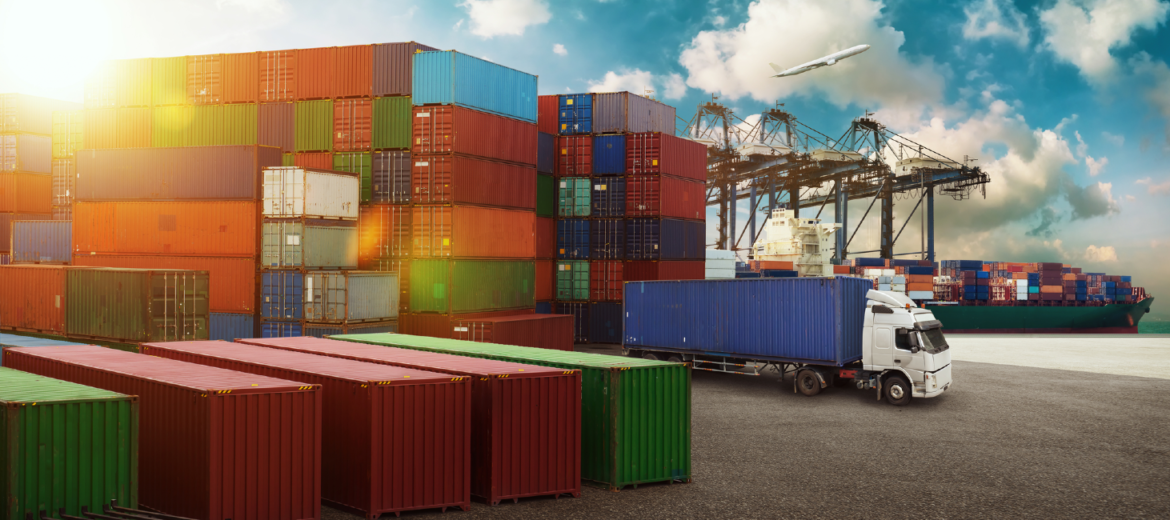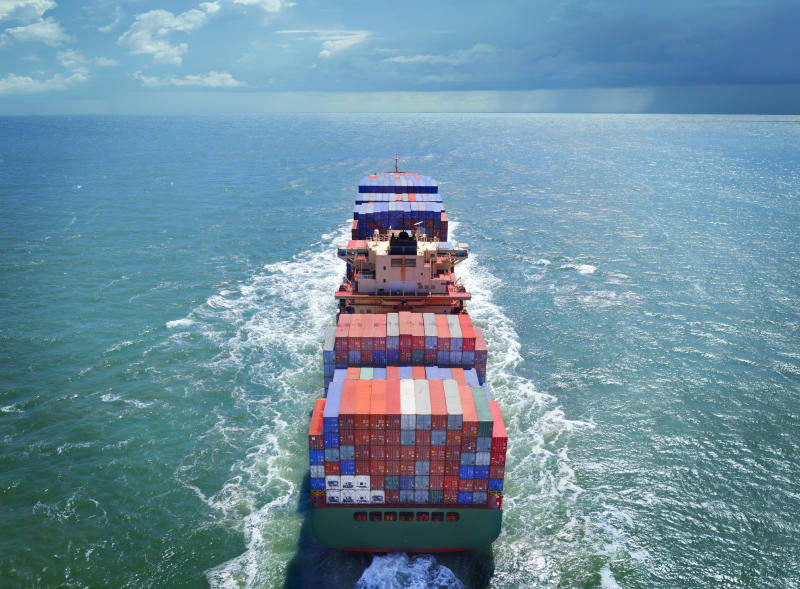UNICEF
With the shipping industry in turmoil the world over due to lack of transport capacity, reduced flights, congested ports and soaring freight costs, the competition for air and sea cargo is at an all-time high.
BakerMckenzie
The launch of AfCFTA has provided Africa with new opportunities to strengthen its regional supply chain
One Africa
Nearly 13% of the world’s cargo ship capacity is tied up in delays, creating a domino effect of bottlenecks.
WEFORUM
The COVID-19 pandemic has tested the effectiveness of 20 years of research, debate and planning on supply chain resilience
UNCTAD
The uncertainty caused by the progress of the COVID-19 pandemic from region to region has made it difficult to resume business on a global scale.
Pharma. Techno
Lack of access to vaccines leads to 1.5 million preventable deaths each year. In Africa alone, approximately one in five children do not receive all of their necessary vaccines.
Africa News
The peak of the covid 19 pandemic in March 2020 disrupted local and global production, setting off supply chain issues
International Banker
The disruption to supply chains inflicted by the virus outbreak—with a resulting drop-off in industrial activity—has failed to ease with real conviction.
Standard media
The unprecedented pressures on global supply chains created by the Covid has resulted in significant geographical shifts in supply and demand, which in turn has created problems for finely tuned global supply chains.
Bloomberg
Ports are already snarled, with the $22 trillion trade in global goods facing months of severe disruption.


